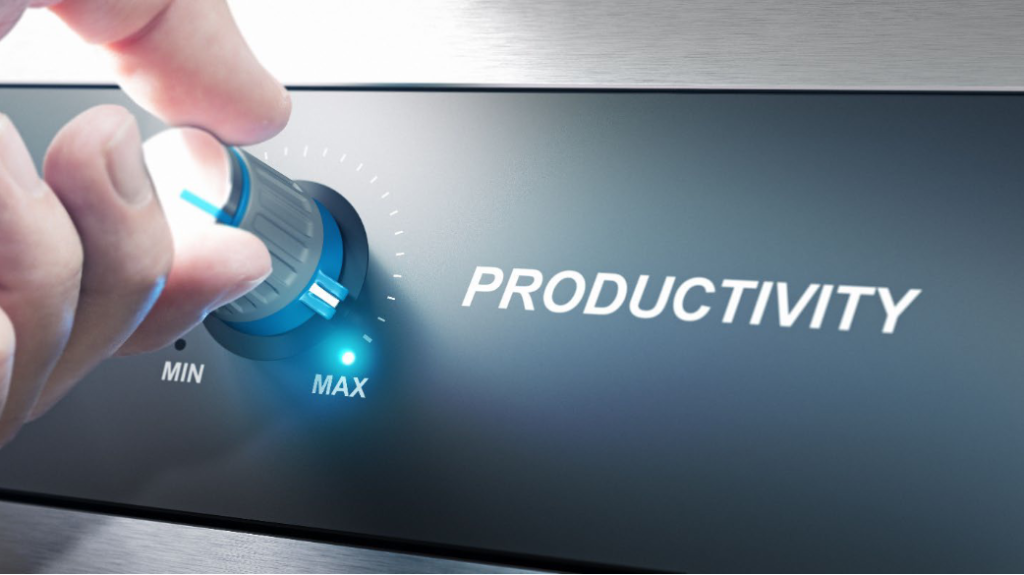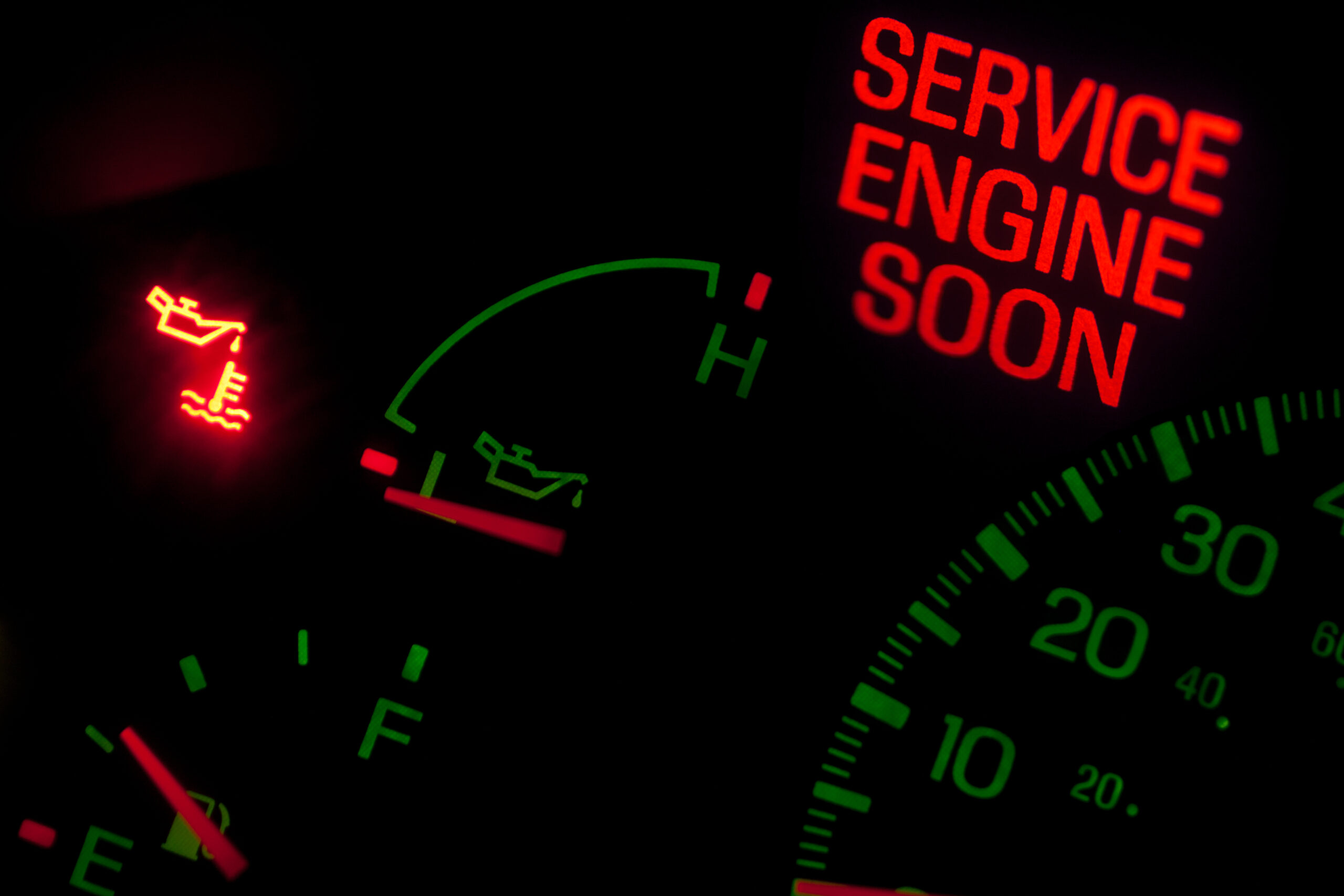High performers in any profession track productivity based on various benchmarks. But sometimes, that can seem complicated and maybe even discouraging. The process of comparing actual performance with projected performance can scare people into thinking they’re lazy and aren’t doing enough.
But being productive doesn’t have to be such a downer, and it doesn’t have to be complicated.
Productivity isn’t always about doing more. It’s about giving your best effort so the result is the greatest it can be. It’s living to your maximum human potential. Winners will always find a way to win, and increasing productivity is a key component of winning.
Here are five simple tips to simplify and supercharge your productivity. These strategies can make it easier for you to execute your optimum level of capacity and success — in your work and in your personal life.
1. Start slow
This sounds boring — especially for high performers. It sounds too easy. But here’s the key component: you’ve got to know yourself, and you’ve got to know what it will take for your effort to be a success.
I’m a sprinter. Sprinters can’t just go out and sprint a race. There is a very intricate startup routine that has to happen. I have to stretch, I have to get my mind right, I have to loosen up my body. It’s all a part of getting myself ready for my maximum effort. This is true of any worthwhile effort.
• Prepare. If you thrive at the level of maximum effort, which most high performers do, then you have to start slow and build up to that maximum level. You have to prepare for it. It’s rare, maybe even impossible, to bolt out of the starting gate and immediately land at your highest possible level of performance.
• Practice. Strive to master every aspect of your performance that’s necessary to be successful so that when you exert that energy, you’re ready.
• Know yourself. Know your mind, your body and your system. And start slow. Build up to your highest level of effort so you can maximize your productivity.
So, what does this look like in your work? Start your day thoughtfully, with a focus on what’s really important for the day. Don’t go right in and check your emails as soon as you wake up. Don’t start your day with chaos. Reacting to whatever is coming at you can cause you to lose your grip on the day. Instead, focus on your biggest priorities. And that’s tip No. 2.
2. Prioritize
Productivity starts with prioritization! Setting priorities is important to performing at your optimum level. Every single day, week, month, quarter and year, prioritize whatever you want to accomplish that would result in your being productive.
You can’t prioritize everything. Everything cannot be a priority. A priority is one thing, the most important thing — the one that ranks above all others.
• Set priorities in all areas of your life. We designed our Life Optimization process to help people increase lifelong financial independence and freedom while reducing stress and enhancing their quality of life. Our philosophy about life optimization composes the acronym LIFE, which stands for four elements of the high-performance life: love, impact, faith and energy.
If you prioritize the most important thing, the most important relationship, the most important impact of your day — whatever you have to get done today — you’re going to feel accomplished at the end of the day.
• Prioritize your activities every day to keep from getting derailed. If you start slow and prioritize the most important thing, you won’t get derailed by productivity landmines — those distractions, “emergencies” and interruptions that take your focus off your priorities.
3. Feed your mind and body
Many people expect results without feeding their mind and their bodies the elements they need to operate optimally. Being productive is about dedicating yourself to not only the result, but to the practice — mind first, then body.
• Feed your mind. To develop a mindset of growth, feed your mind everything and anything you can that will move you toward your goal. Once you set your goal, determine what you need to know to accomplish that goal that you don’t currently know. Then figure out how you can obtain that knowledge. What can you do to learn and grow?
• Feed your body. Expecting your body to do something it’s not ready to do is not good for productivity. For example, let’s say you are 65 years old. Your goal is to get in shape by becoming a runner, and you want to start out by jogging, but you haven’t run in 20 years. Remember tip No. 1? Start slow. In this example, that means start out by stretching first and then walking. Practice and master walking, and then begin jogging. Practice and master jogging, and continue to build your endurance before you begin running.
When you feed the mind and then the body, the results will come. Good outcomes require good fuel — first for the mind and then for the body. Expecting results without that fuel and preparation is not productive in any area of life. If you wake up in the morning and skip breakfast because you’re in a hurry, that will not help you be productive. That’s derailment. You need to give your mind and body the fuel it needs to maintain energy for the entire day. You can expect positive results only if you put practice, dedication and the right fuel into your effort.
4. Embrace failure
This tip might seem counterintuitive to high performers. Why would we ever want to embrace failure? It’s because we typically learn more from our failures than we do from our successes. Nelson Mandela said, “I never lose. I either win, or I learn.” When you look at it like that, then you win in every scenario!
• Embrace failure to develop a growth mindset. Through learning, trial and error and failing, you win, you learn and you grow. These are extremely important capabilities to being more productive.
• Realize that productivity does not come from perfection. Productivity comes from understanding that when you attempt enough great things, you will fail sometimes. And when you learn from those failures, you become smarter and stronger. Practicing and mastering any skill means you’re growing and learning every day. If you do something wrong, immediately course-correct. Pivot. Making the most out of situations that don’t go your way is a powerful element of productivity.
• Get comfortable with failing forward. The more you fail, the closer you are to success. To be more productive, focus not on perfection, but on the imperfections that exist in the day. That is a skill in itself — maintaining your focus on your priority when distractions threaten to derail your goals all day, every day. They are inevitable, though, and the better you become at managing those distractions, the more productive and successful you will be. Course-correcting, pivoting, learning and growing all imperative parts of increasing your productivity in a day, a month, a quarter, a year and beyond.
5. Reset
Last but not least is my favorite thing to talk about and the biggest challenge I’ve ever had in my entire life. I call it the reset. Sometimes when you’re a sprinter, you sprint races that were meant to be long-distance. You have to reassess your goal and then reset your approach.
• Pause so you can think, reflect and evaluate. A reset is just a pause. It can be short or long. Sometimes, when you’re intensely focused on reaching your goal, you miss some important things along the way. Even though you have identified your goal as your priority, you still have to take care of your family, run your business, maintain your relationships and keep up your energy. So sometimes, you have to remove yourself from your objective, from your goal, from your dream and do a hard reset. Take a step back to think and evaluate your progress. You will never be optimally productive unless you reset once in a while.
• Ask yourself some important evaluation questions. The most successful moments in my business life, my family life, my faith, my health and anything else I do happen when I take a step back to pause, think, reevaluate and then start the process all over again.
During these resets, I ask myself, “What isn’t going right? What failures did I just learn from? What am I rushing that I need to slow down? How can I start slower and learn from my mistakes? Did I prioritize the most important thing, or was the most important thing that I thought was important not as important now that I’ve gotten closer to the goal? Who or what am I neglecting as I sprint toward my goal?”
• Prioritize doing nothing sometimes. One step beyond the pause is the temporary stop. High performers obviously want more productivity. We all want to get more done in a day. But sometimes, we get overwhelmed.
We are like our devices — our iPhones, devices and computers. We work them to death and expect them to produce optimally for us all the time. But every once in a while, those electronics get overwhelmed, and they become sluggish or stop working. When that happens, we have to turn them off for a little while and then turn them back on. Sometimes we need to clean out the cache or reset the modem. We need to do the same thing for ourselves!
Once in a while, I wake up and I say, “I don’t want to get anything done today. I want to prioritize nothingness — I want to take in the peace, the quiet, the stillness of nature.” Sometimes that is the most important thing because it gets you to the next level.
________
Productivity isn’t just important in work. It’s also critical to our ability to live life to the fullest in terms of our relationships, faith and health. Productivity is important in anything you’re trying to accomplish that you’ve set as a predominant goal or a prioritized objective for yourself — even your dreams.
What are you trying to accomplish? How can you increase your productivity? How can you embrace the idea of failing forward? What can you learn to fuel your growth?




